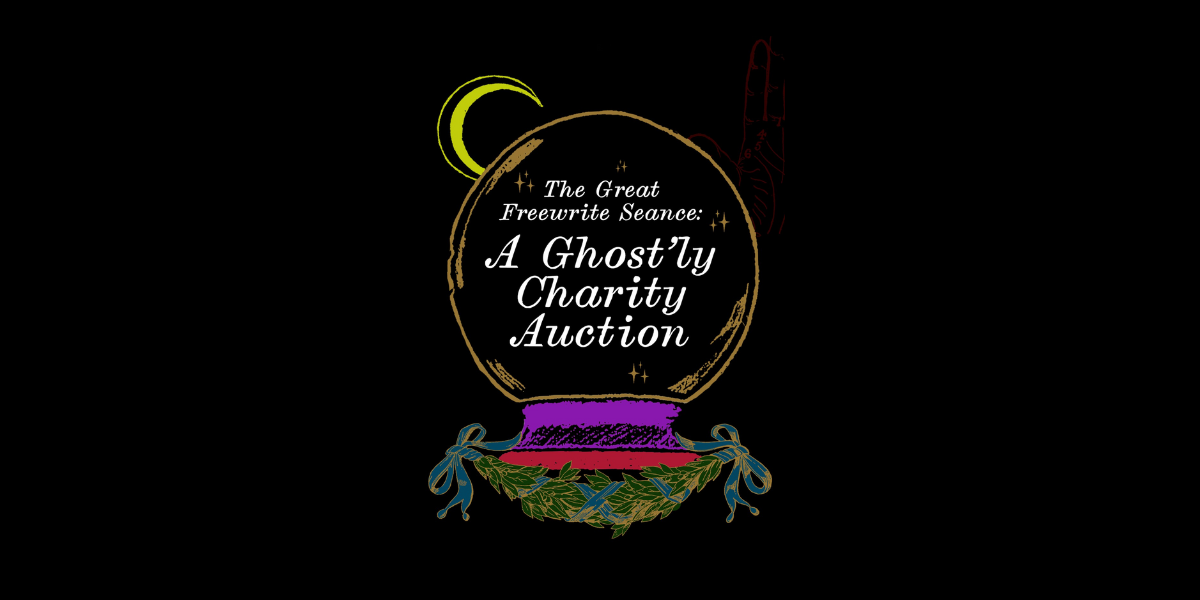By now you've probably heard the term "digital minimalism." But what exactly is it and why is it good for us?
Digital minimalism is a philosophy that aims to help individuals regain control of their lives and build a more intentional relationship with technology. In Digital Minimalism: Choosing a Focused Life in a Noisy World, Georgetown University computer science professor Cal Newport argues that the constant connectivity and distractions offered by digital devices lead to a fragmented and superficial existence, negatively affecting our well-being, productivity, and relationships.
In other words: By adopting digital minimalism, individuals can reclaim their focus, time, and energy to pursue meaningful and fulfilling pursuits.
In Digital Minimalism, Newport identifies three core principles to focus on:
-
Clutter is costly. Digital minimalists understand that every digital tool they use, even if it provides some benefit, also imposes cognitive costs. They recognize that the seemingly harmless act of checking social media, email, or news feeds can fragment their attention and leave them feeling overwhelmed.
-
Optimization is essential. To maximize the value of their digital lives, digital minimalists intentionally choose the tools and platforms that best serve their personal and professional goals. They optimize their usage of these tools, developing strategies to minimize distractions and maximize productivity.
-
Intentionality is key. Digital minimalists don't merely reduce their digital consumption; they carefully curate their digital lives to ensure that each tool or platform they use has a clear purpose aligned with their values and priorities.
To embrace digital minimalism, Newport proposes a 30-day digital declutter process. This involves taking a break from optional digital tools and platforms, reevaluating their value, and reintroducing only those that support one's values and goals. During this period, individuals are encouraged to engage in high-quality leisure activities, cultivate solitude, and prioritize face-to-face conversations.
Digital Minimalism with Freewrite
Freewrite is a special tool designed to help writers focus on their writing by eliminating digital distractions. It features a minimalist design with an E Ink screen and a mechanical keyboard, while intentionally lacking access to the internet, social media, and notifications. By using a Freewrite, writers are, perhaps unintentionally, directly applying the lessons of digital minimalism to enhance their focus and productivity.
How? Here are just a few ways:
- Reducing digital clutter. Freewrite devices help writers eliminate the cognitive costs associated with multitasking and digital distractions. By providing a single-purpose writing tool, it allows users to immerse themselves in their writing, fostering a sense of flow and deep work.
- Optimizing the writing process. The Freewrite is specifically designed to optimize the writing process. With its E Ink display, writers can focus on their words without the eye strain caused by traditional screens. The mechanical keyboard provides a tactile and satisfying writing experience, further encouraging users to concentrate on their work.
-
Encouraging intentionality. By limiting the features of the device to the essentials needed for drafting, the Freewrite encourages users to be intentional with their writing sessions. Writers are less likely to fall into the trap of mindlessly browsing the internet or checking social media, allowing them to devote their full attention to their craft.
By adopting Cal Newport's principles of Digital Minimalism and utilizing a tool like Freewrite, writers can minimize distractions, optimize their writing process, and cultivate a more intentional and focused approach to their work. This can ultimately lead to increased productivity, higher quality writing, and a greater sense of fulfillment in creative pursuits. Write on.





























